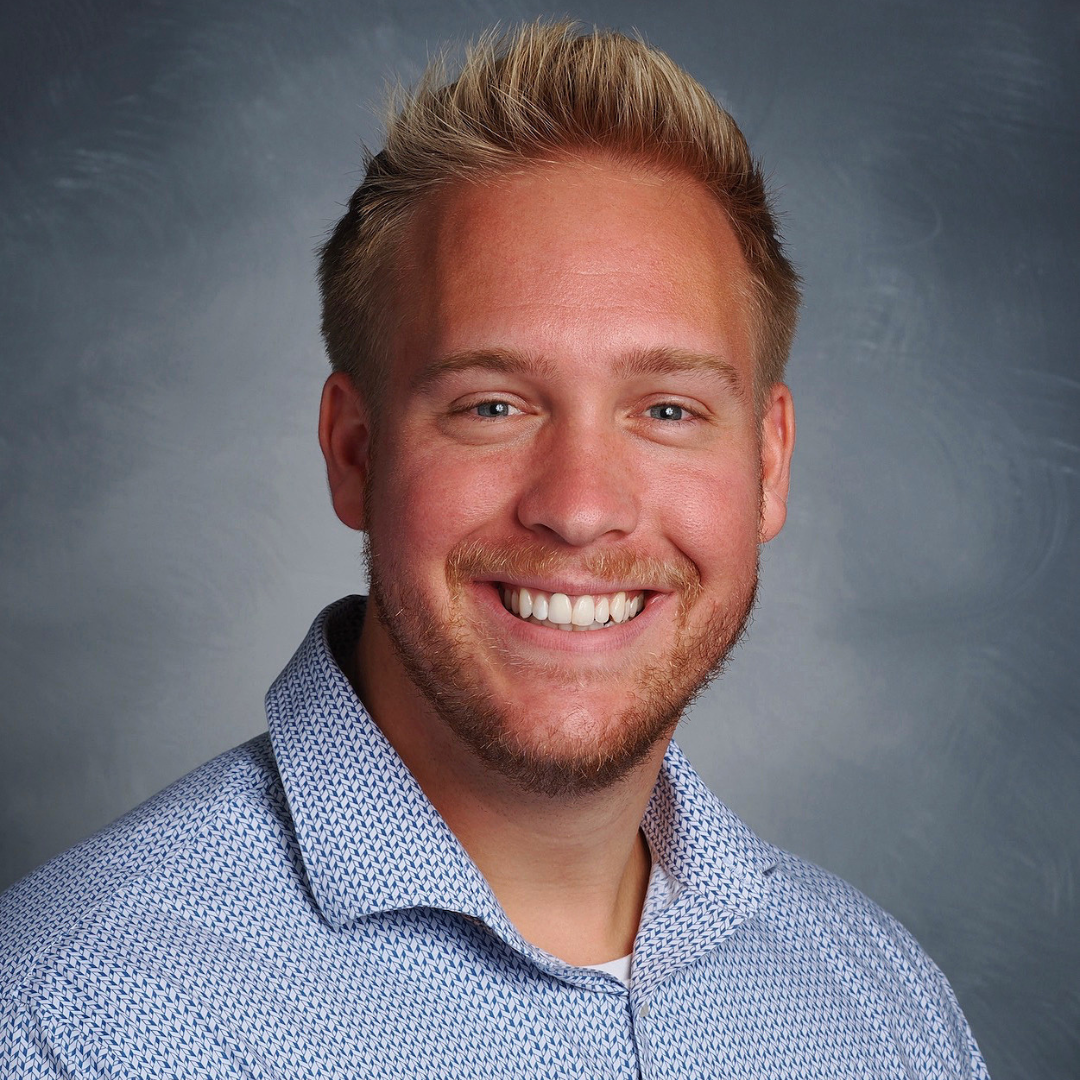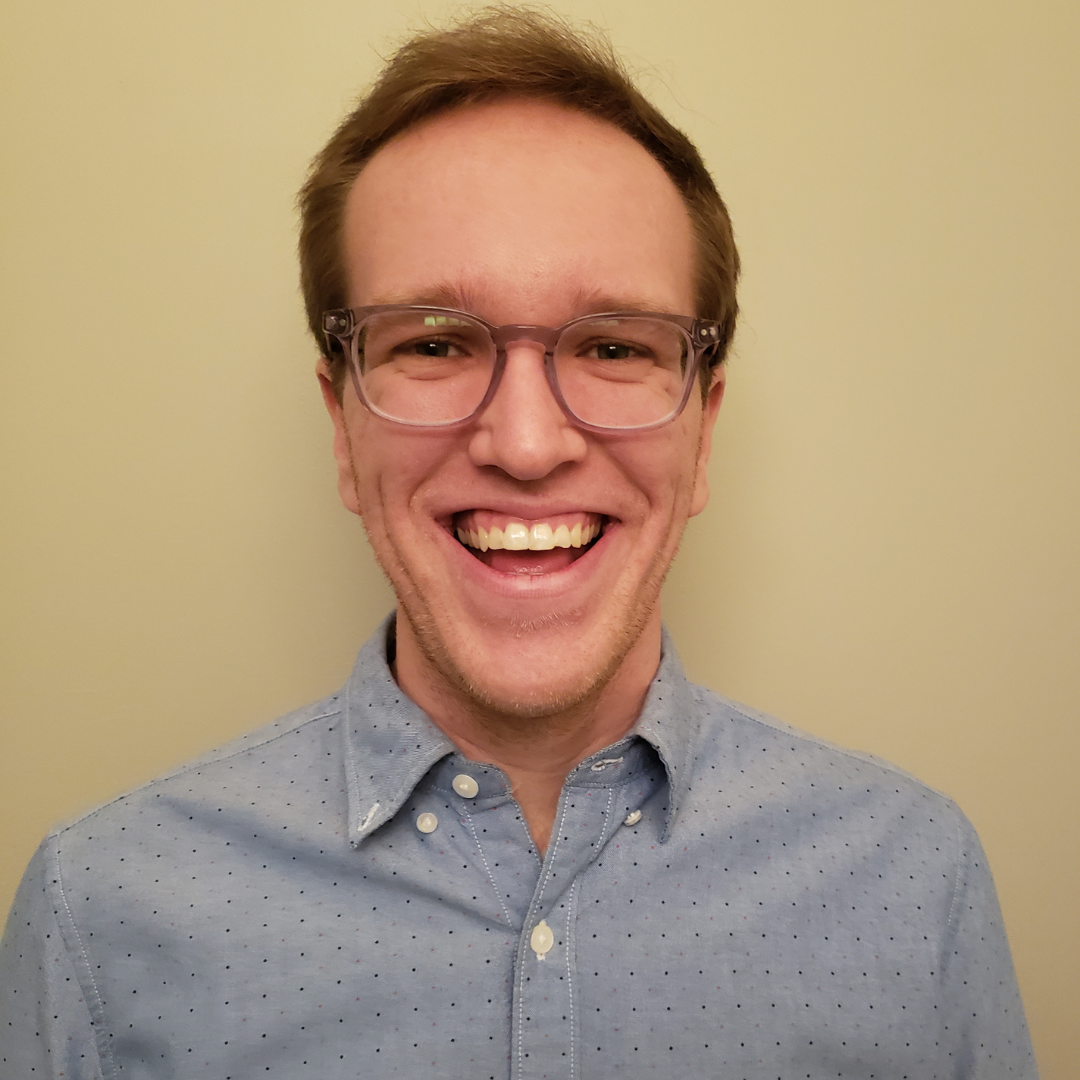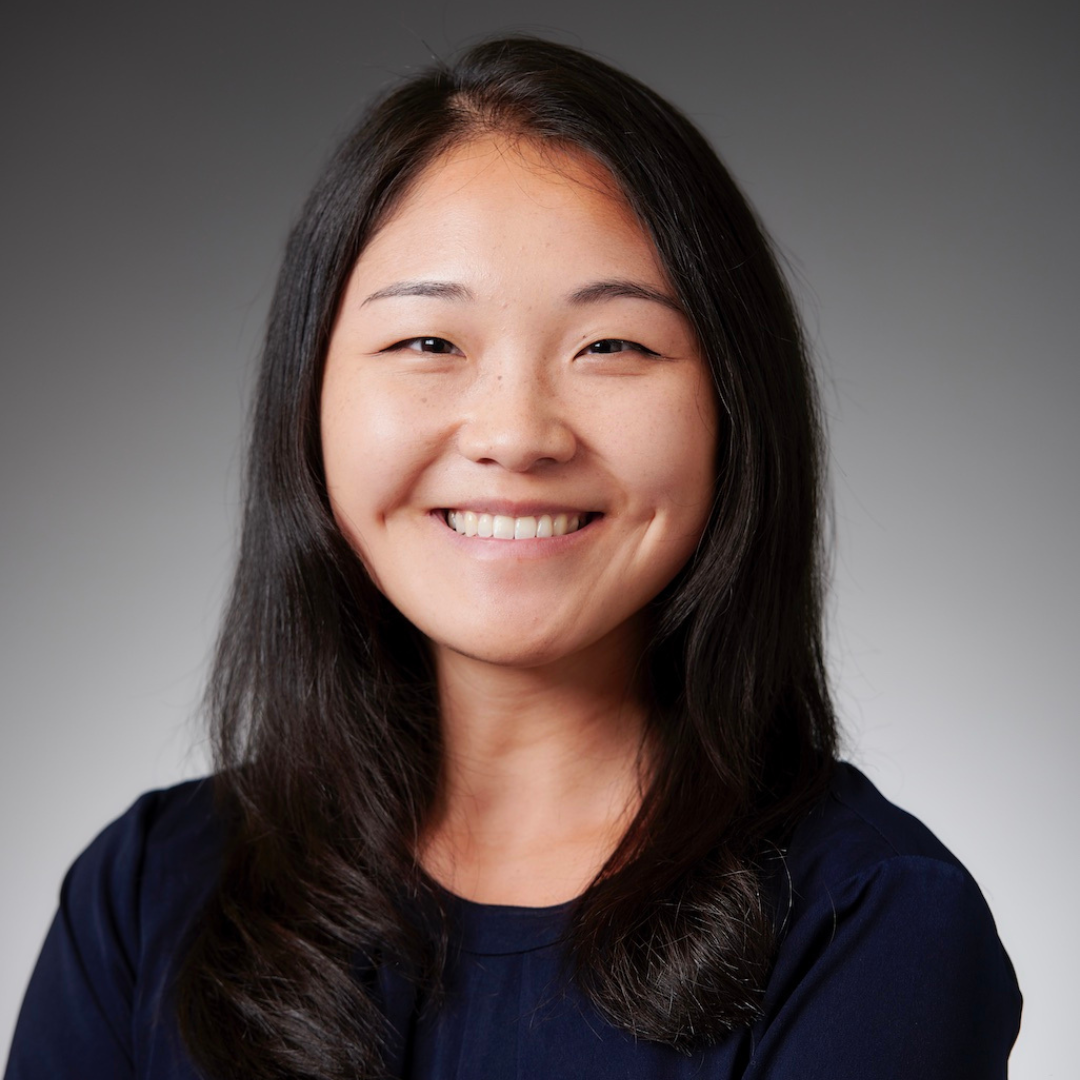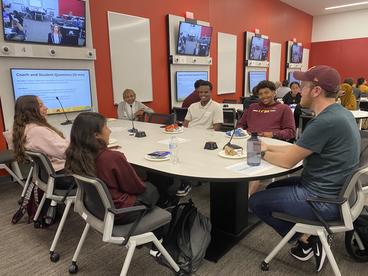
March Spotlight: Health Profession Pathways Program Coaches
This month, the PHSRC is spotlighting a few of the Health Profession Pathways Program Health Science Coaches.
The PHSRC launched the Health Profession Pathways Program in 2021 to support pre-health undergraduate students who face the greatest challenges to becoming health professionals, such as coming from first-generation or lower socioeconomic backgrounds. The Pathways Program provides comprehensive coaching, exclusive courses and shadowing opportunities, and other activities and resources for Pathways students as they move through their pre-health journey.
As a part of the Pathways Program, each student is also matched with a Health Science Coach. The Health Science Coaches are all students in a health professional school at the University of Minnesota, like the Medical School, School of Dentistry, College of Pharmacy etc., and who also have shared identities with Pathways students. From talking about their educational experiences, to providing study tips, to sharing about their lives as health professional students, Health Science Coaches support Pathways students in a variety of ways as they navigate the University of Minnesota and prepare to apply to a health program.
For our March spotlight, we asked the Pathways Health Science Coaches to share about themselves and their road to their health professional program.

Michael Kelly - Hello! My name is Michael Kelly. I am currently a third-year medical student at the UMN Medical School.

Austin Leikvoll - I am in my 2nd year of medical school in the Medical Scientist Training Program (MSTP) or MD/PhD program. After graduating and completing residency, I will become a physician-scientist and split my time between patient care and research.

Haeree Lang - I'm currently in an 8-year long DVM/PhD dual degree program through the College of Veterinary Medicine! Right now, I'm in the PhD portion and I am studying the dog immune system.
What were some of the key moments and/or influences that shaped your motivation to pursue your health career?
Michael - During my childhood, I moved over 15 times. Eventually, I became homeless, making it difficult to focus on anything but survival. I turned to my school communities for help. My school mentors connected me with safer environments by encouraging me to take up hospital volunteerism. Without hesitation, I did just that.
And, while working with patients, I found I was not alone in facing adversity. Though I could do little to alleviate my own adversities, my exposure to the healthcare system gave me hope. Every day, I saw sick people getting better with the care from compassionate healthcare professionals. It was this initial exposure to healthcare where I first discovered my passions for both medicine and empowering the most vulnerable people in my community.
My hardships have provided incredible opportunities for growth, and they motivate me to become a doctor that cares for underserved populations. Knowing that today there are 38 million people in America who live in poverty (and so many others being just a paycheck away from poverty), I am devoted to being the change our country needs. I believe that by empowering future healthcare professionals to use their adversities to uplift others is a great place to start. I hope to share this vision with the next-in-line, and, with some persistent encouragement, I plan to bring along most of tomorrow's professionals with me in this vision. Being a Health Science Coach enables me to be an advocate for the next generation of leaders.
Austin - I come from a big family and a small town where everyone knows everyone, so when I was growing up I saw many family and community members grapple with major illnesses. The importance of health and healthcare was often on my mind, even as a kid. However, I never thought of becoming a doctor until around 10th grade when I took my first biology class. I always loved science, but I ended up being extra fascinated by physiology, anatomy, and genetics. Around this time, I also unfortunately had a family member die from cancer. Something just clicked for me--I still have a hard time describing it--and I decided to pursue medicine.
Early in college, I got a technician job in a preclinical research lab that mainly tests cardiac medical devices. The lab traced its origins to the physicians and researchers who pioneered open heart surgery and pacemakers back in the 1950s and ‘60s. While working in this lab, my grandpa had heart surgery and a pacemaker implanted. I had a revelation that his medical care was made possible by the several decades of prior research conducted where I worked. This experience was my major inspiration for becoming a physician-scientist.
Haeree - I always knew I loved veterinary medicine but it wasn't until I joined a veterinary immunology laboratory in my undergrad that I realized I loved research too! I have been pursuing both ever since.
Why did you want to be a health sciences coach for the Health Profession Pathways Program?

Austin - I firmly believe mentorship is crucial for everyone becoming a health professional. Mentorship is even more important for students from less advantaged backgrounds, but unfortunately people from such backgrounds often have the hardest time finding mentors. I would not be on my current career path without the advice and support of my mentors, and this awareness pushes me to pay it forward and help other students reach their goals. When I learned about the Pathways Program, it seemed like the perfect opportunity.
Haeree - When I found out about the Health Profession Pathways Program, I knew I had to get involved because of what this program stands for. As a first-generation college student myself, I wanted to be the person I wished I had when I was in their shoes. Figuring out how to get into professional schools is tough, especially when you're just getting started. So, I want to help make things clearer for anyone interested in going down that path.
What do you think are some of the ways pre-health students can benefit from being connected with students in a health professional program, like you?
Michael - Many students, including myself, simply don't know what they don't know. By connecting pre-health students with professional students, the senior students can share advice and recommendations with pre-health students to help make the road to professional school and beyond less bumpy. I, like many other coaches, enjoy lessening the breadth of obstacles that may lay ahead for our pre-health students. Because many of us coaches may not have had professional health coaches ourselves, we understand the struggles and stresses that come along with being a pre-health student. As coaches, we get to serve as instruments for success for pre-health students who may or may not have additional support to help them achieve their academic and career goals in other places.
Austin - There are so many ways pre-health students can benefit! It is helpful for students to get advice from someone who has gone through the process of getting into a health professional program. It gives students an insider’s perspective on possible ways to find enjoyable extracurricular activities, study and get good grades, prepare for standardized tests, write professional school applications, and more. It allows students to gain insight on what it is like to be in professional school. It can also be a relief for students to get reassurance from an older student with similar goals who is further along the path; to hear it’s normal to feel stressed in your position, it’s okay to get some bad grades, it’s okay to sometimes feel you have no idea what you’re doing, and so on. I often try to emphasize to my Pathways students the ways in which I have failed more than the ways in which I have succeeded. I want students to know that a few failures will not prevent them from reaching their career goals. I think much of the above advice can be given by anyone, but sometimes it can feel more “real” to a student when they hear it from someone in their desired program.
Haeree - I think it's awesome that I'm just a text or phone call away if any of my students have questions about the application process. There are all these little things about applying to a health professional school that no one takes the time to tell you. To share the tips and tricks I have learned over the years with those who might find it helpful is 100% worth it to me.
What have been some of your favorite Pathways events you’ve attended, and why did you enjoy them?
Michael - Some of the most valuable Pathway events that are offered to students include workshops that cover extremely important information that is often not found anywhere else within an undergraduate experience. These workshops include personalized resume editing, financial literacy, and network building, just to name a few. Many of the program's events are aimed to provide information that is invaluable to have at an early stage in one's professional education and career.
Austin - I have enjoyed every Pathways event, but I think my favorite was the End of Emerge Mingle and Debrief event. The summer before beginning their freshman years, incoming Pathways students participate in the Emerge Summer STEM Program, and at the end the Pathways students get together and chat about their experience in Emerge. I loved seeing the students’ energy and excitement to start college and begin pursuing their goals.
Haeree - There is a panel in the OUE 1001 course that I've been able to be a part of a few times where us coaches can directly talk about our experiences. I find it to be the most engaging for students and I love hearing their follow-up questions on how to get more involved, how to study better, or even how to balance life and academics. We touch on some great topics and it leads to a good discussion.
What is the most important piece of advice you personally like to give to Pathways students or other pre-health students?
Michael - You can't go back and change the beginning, but you can start exactly where you are now and change the ending. Unfortunately, some of us are not dealt the best hands in life, but it's so important to recognize that it's not about the hand we were dealt, but rather how we play the hand. We are all meant for greatness and success, so believe in yourself, and take a moment to recognize how far you have come! You are capable and right where you are supposed to be!
Austin - I try to tell my students that the most important attributes to cultivate are resilience, persistence, and perseverance. These three terms are similar but subtly different. You will inevitably encounter adversity, and to reach your goals you need to practice recovering quickly from setbacks (being resilient), returning to your efforts to reach your goals (being perseverant), and never giving up on your goals unless absolutely necessary (being persistent). These traits are not inborn, instead they are practiced. The more you think this way, the easier it becomes to overcome setbacks and achieve your goals.
Haeree - Throughout the long journey from applying to school, getting accepted, completing the health professional program, and beyond, you'll encounter a diverse array of people, learning methods, and obstacles. It's natural to compare yourself to others or feel discouraged if you're not excelling in every aspect. However, staying focused and putting in diligent effort is what truly matters, regardless of what others are doing.
Thank you Michael, Austin, and Haeree for sharing your stories and perspectives with Pulse readers, and for all you do as a part of the Health Profession Pathways Program.